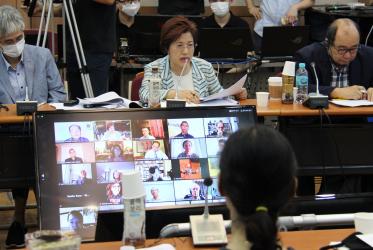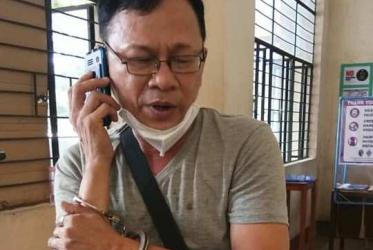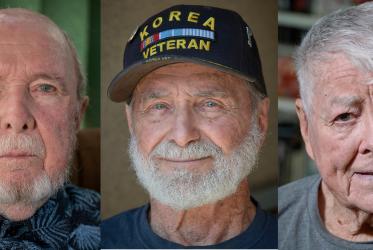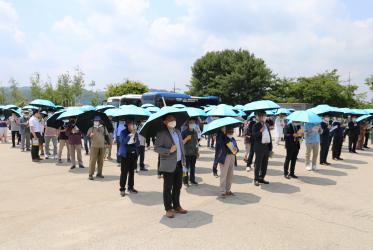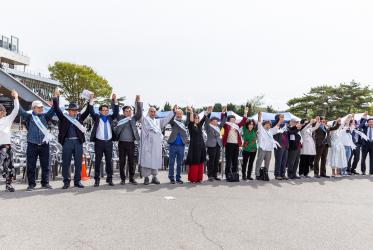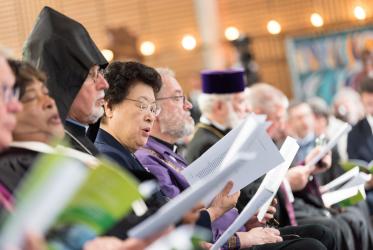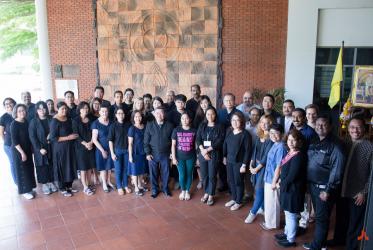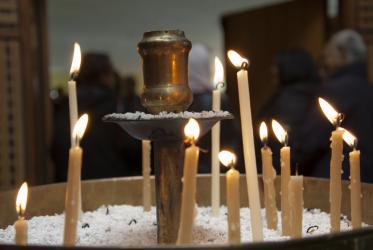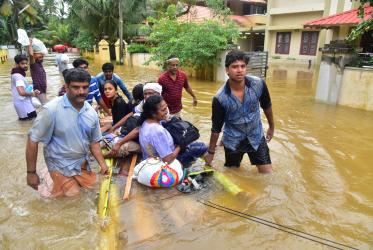Displaying 21 - 40 of 100
29 July 2020
Churches should use their voice on climate change
26 February 2020
Church response to Australian bushfires hinges on preparation
07 January 2020
WCC organises event on “The Human Rights Situation in the Philippines”
18 September 2019
Thursdays in Black: sharing support, transforming lives
21 February 2019
All pilgrim routes lead to COP24
11 December 2018
